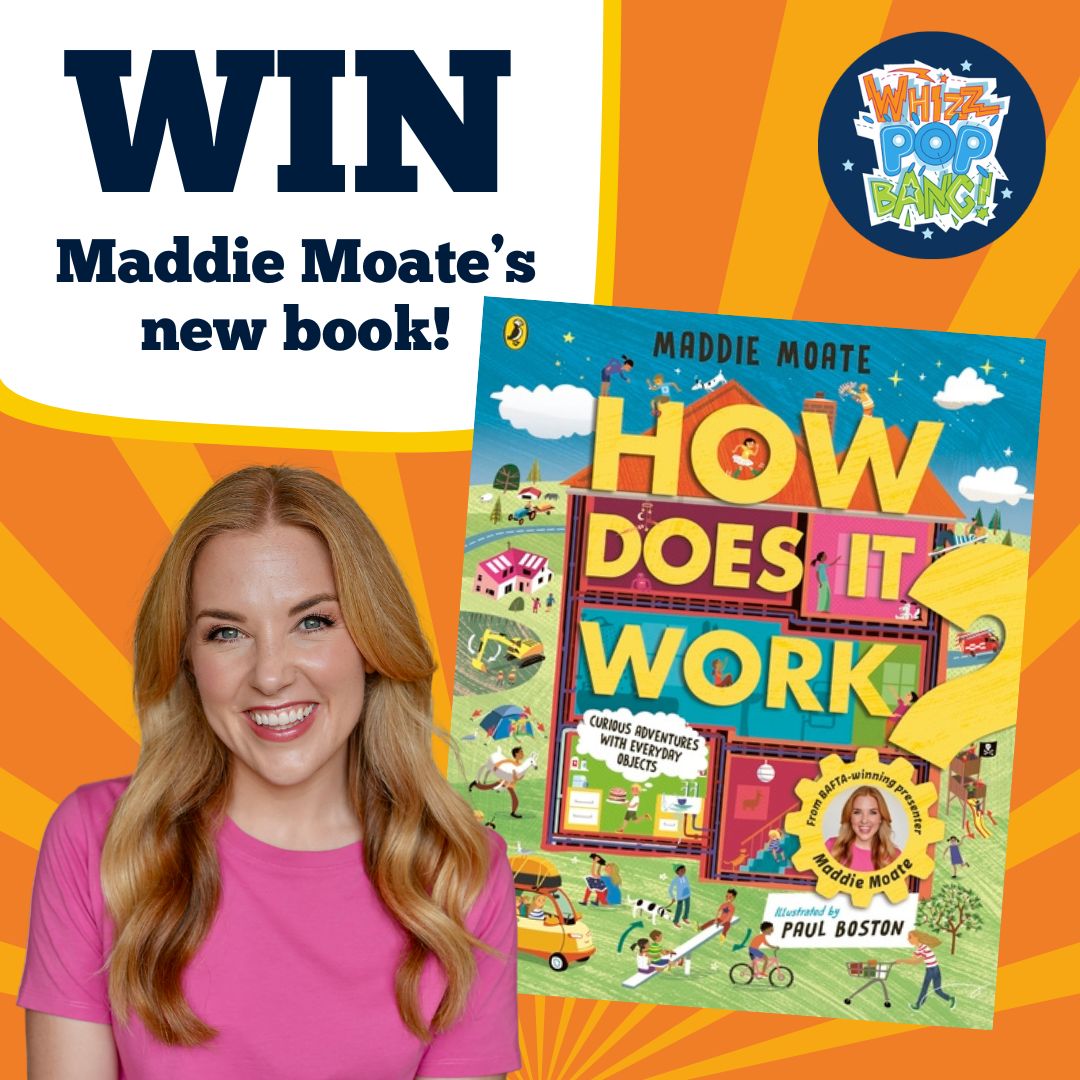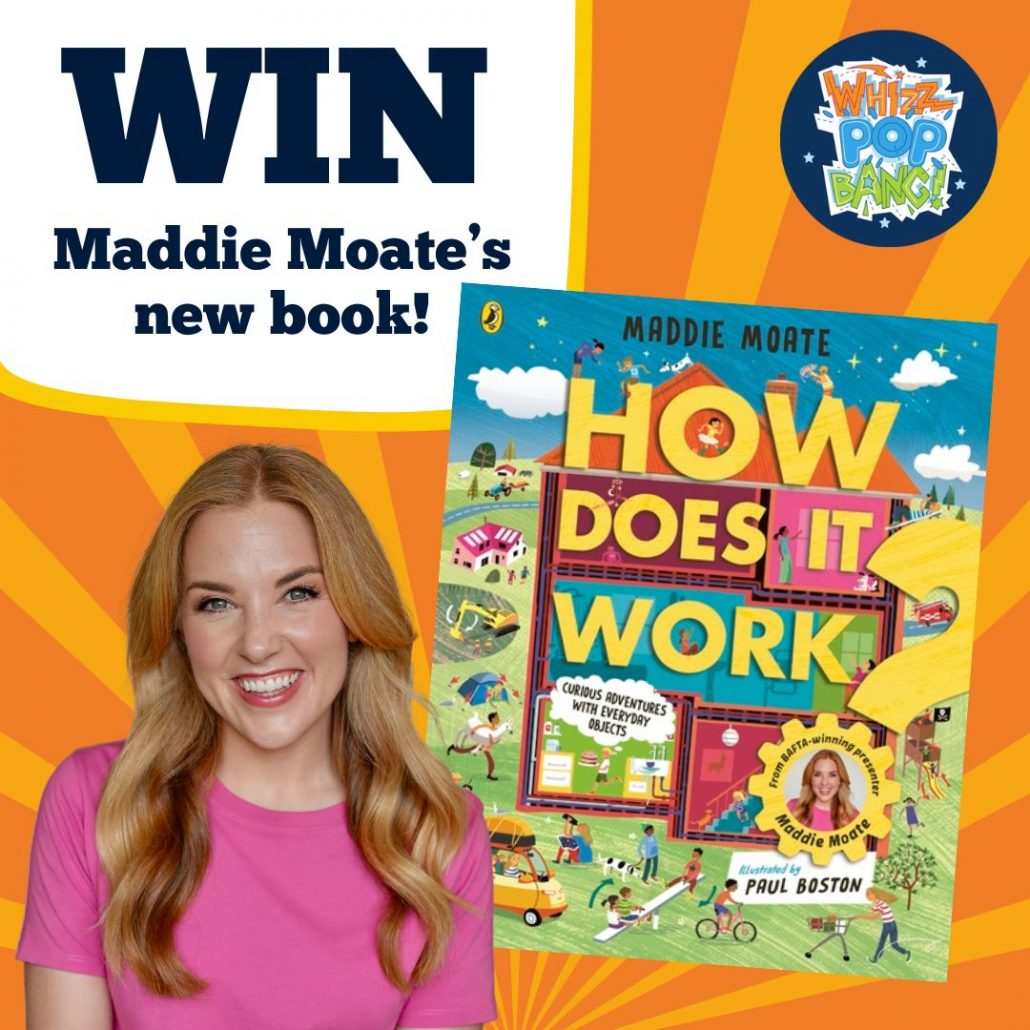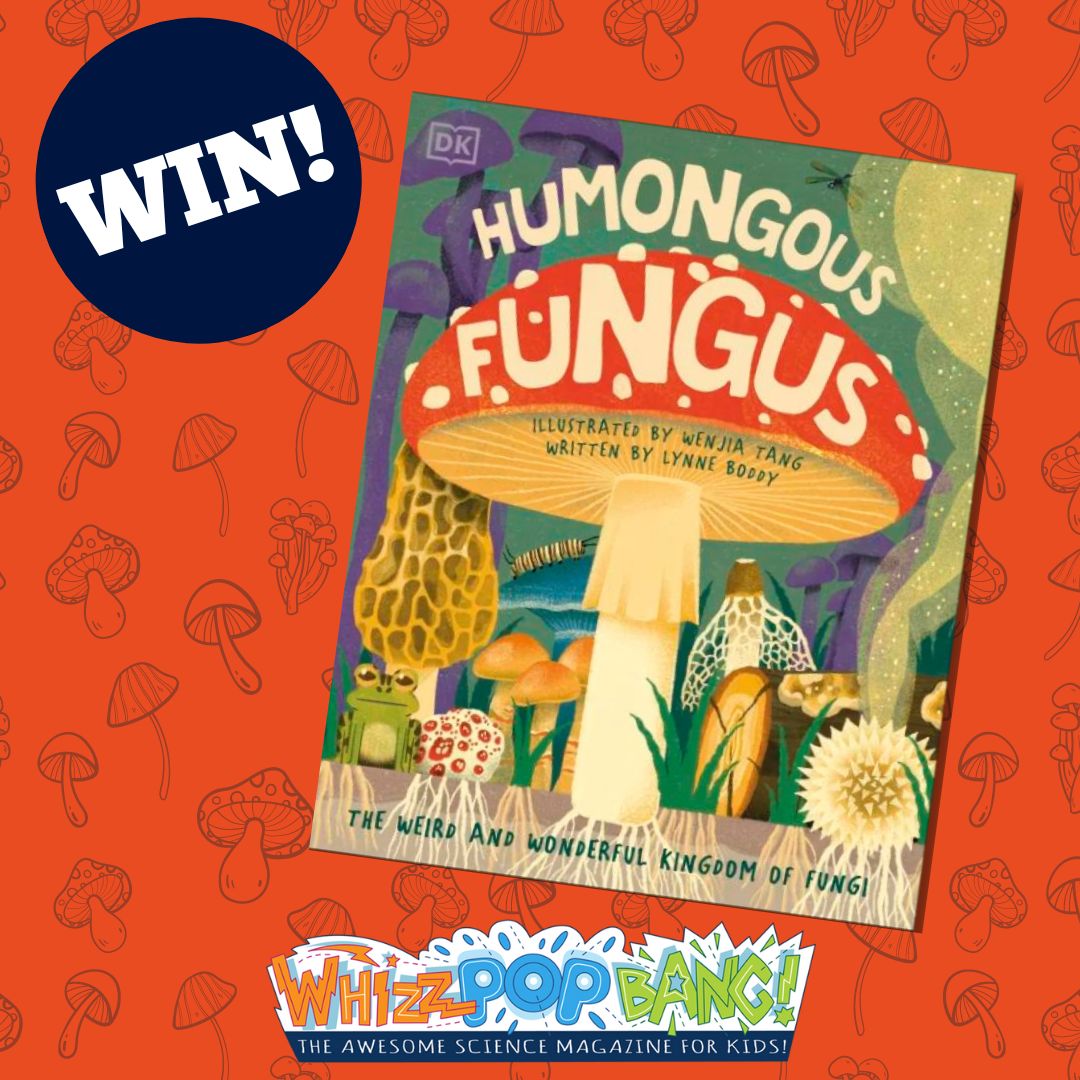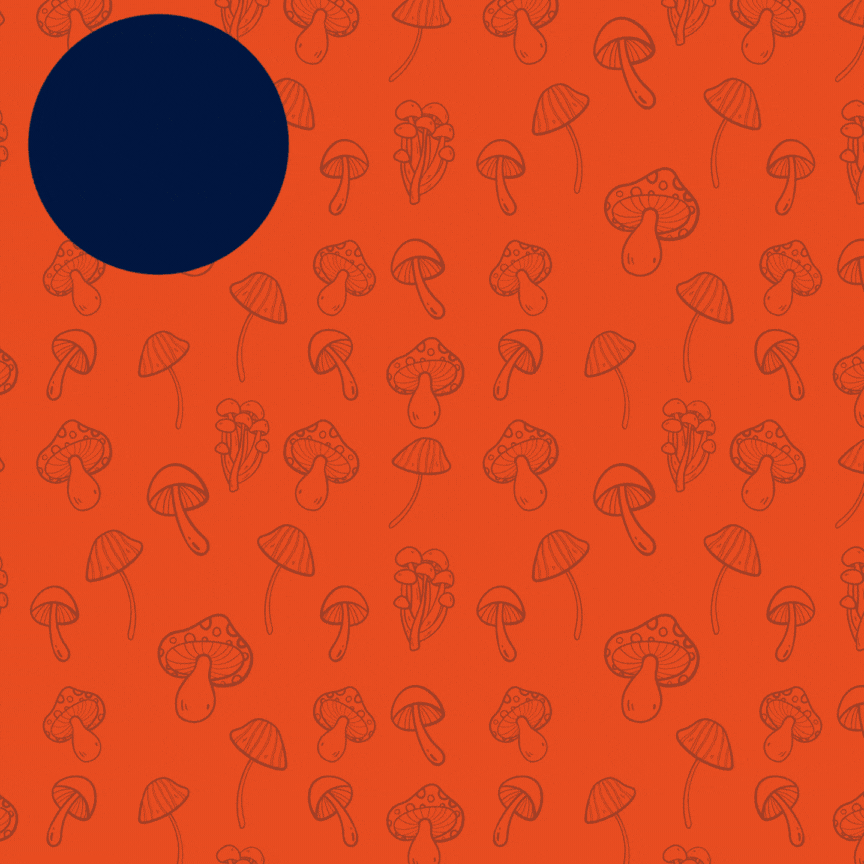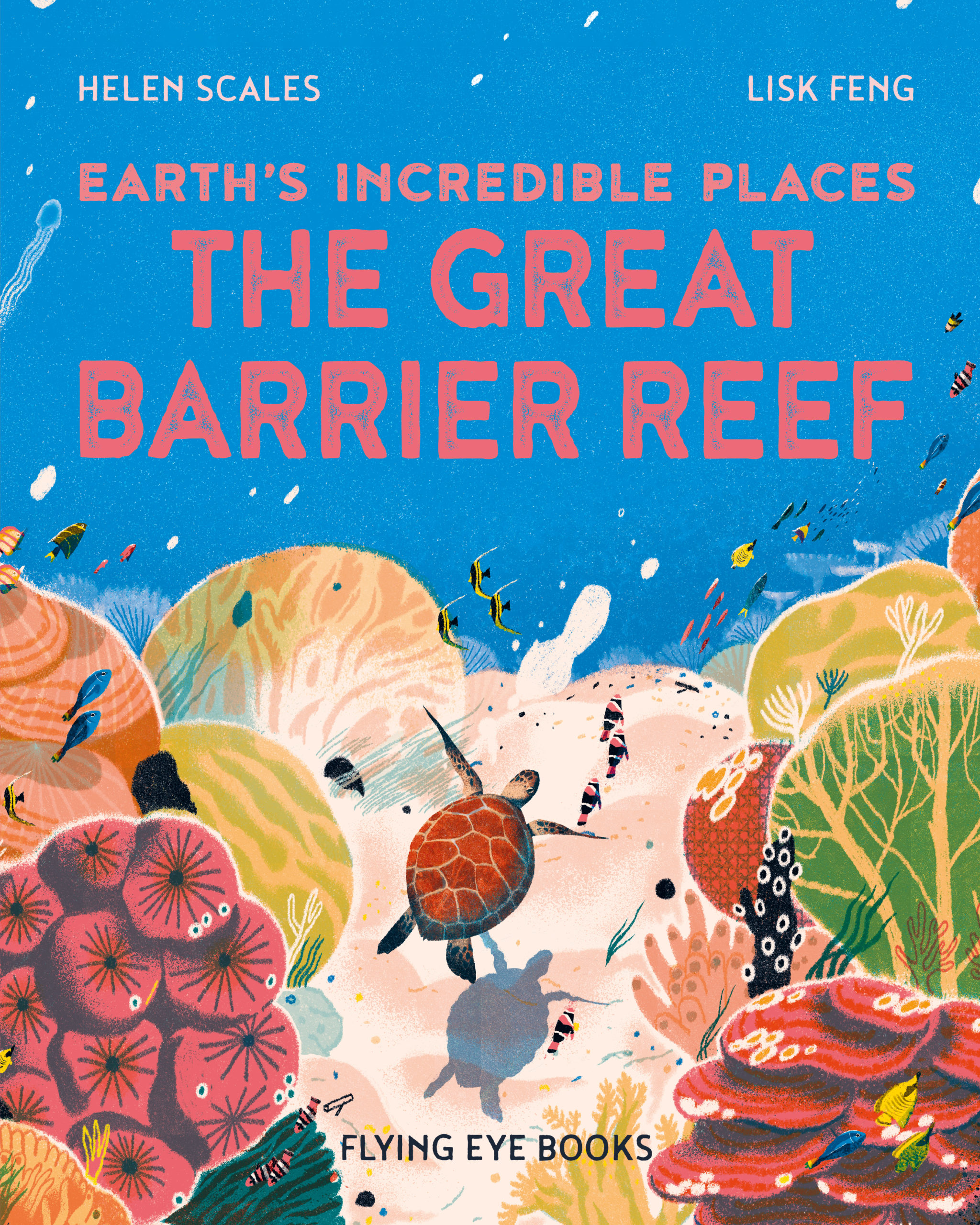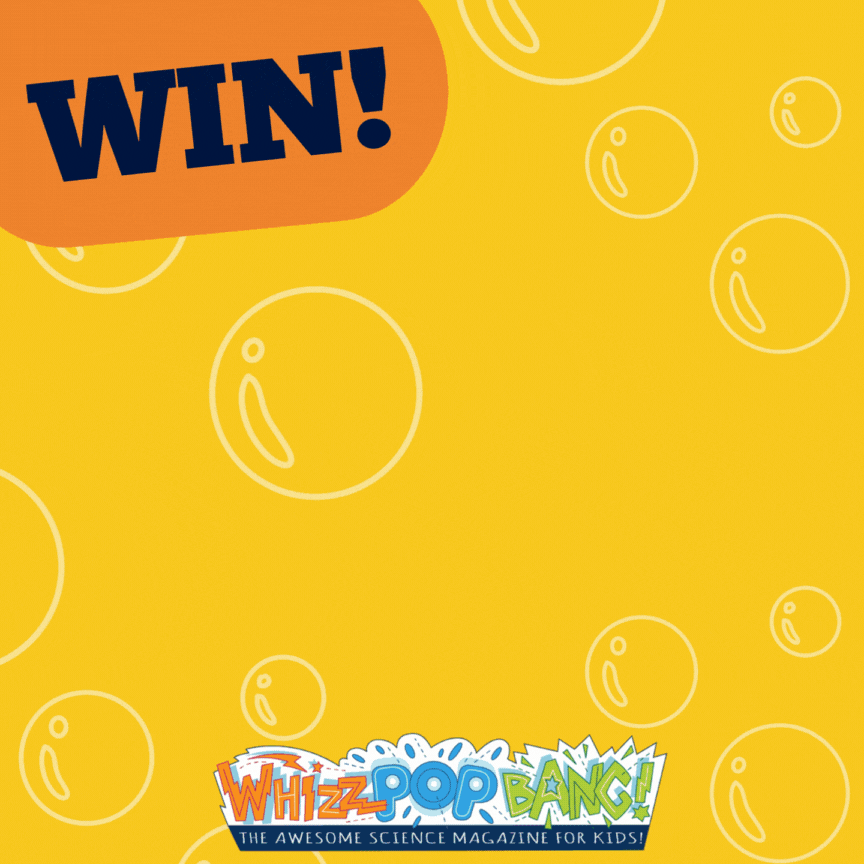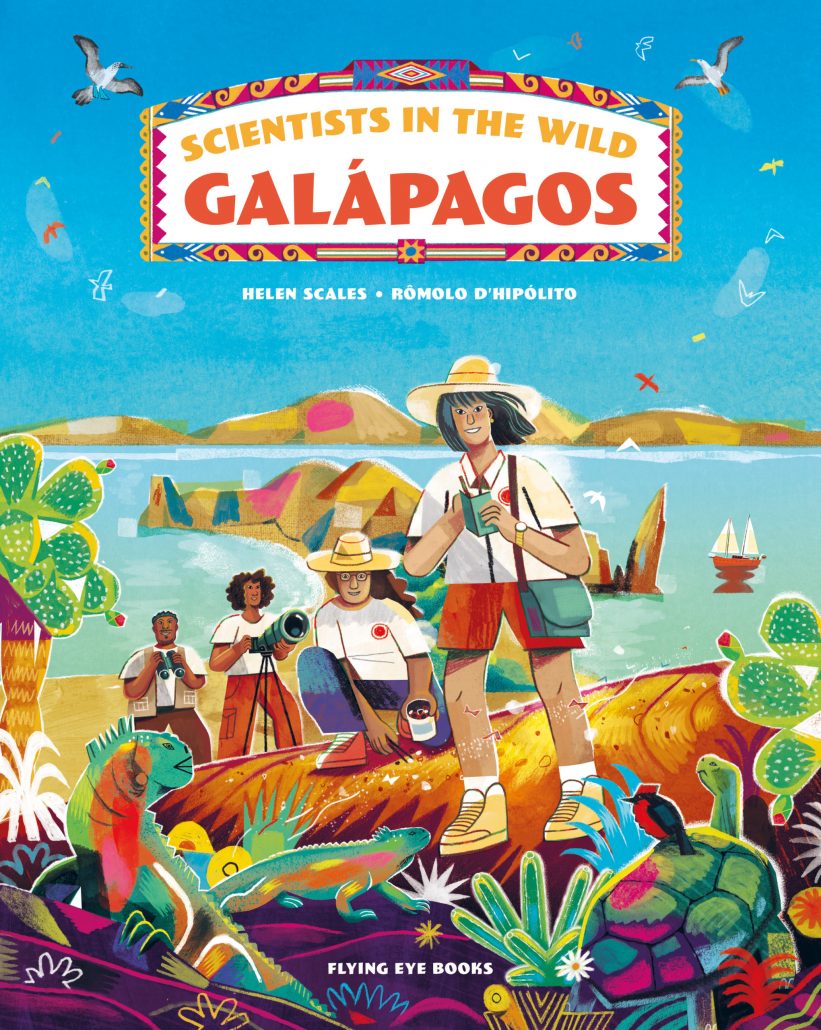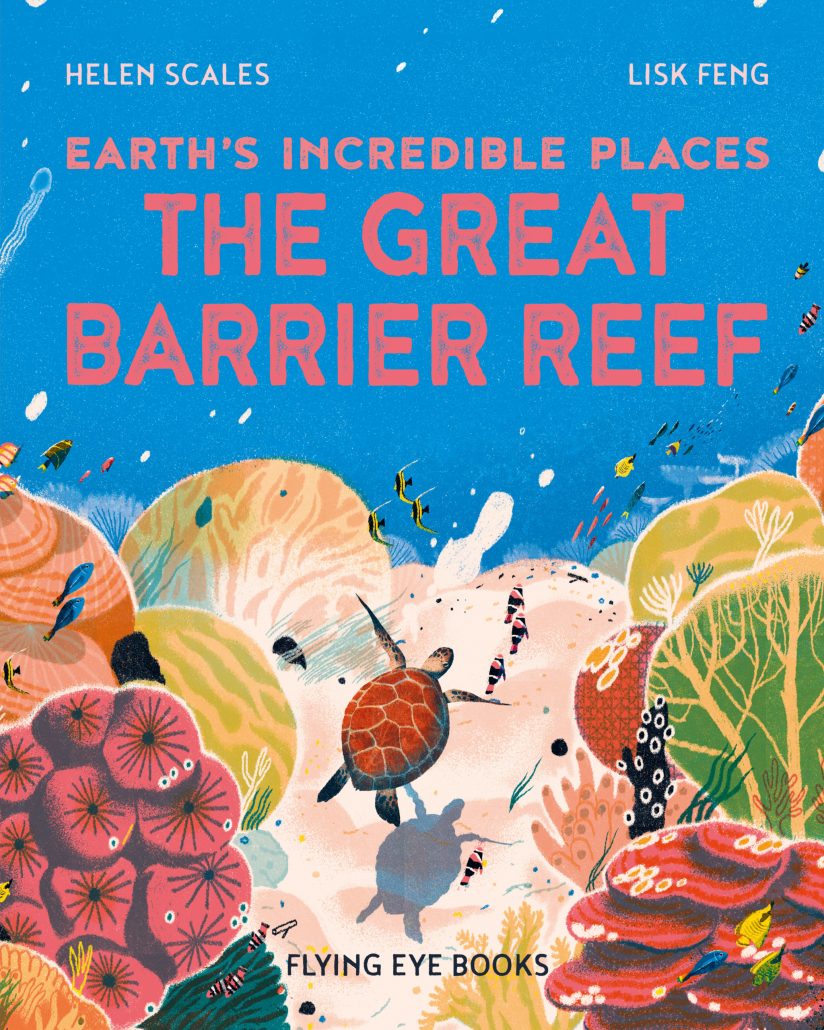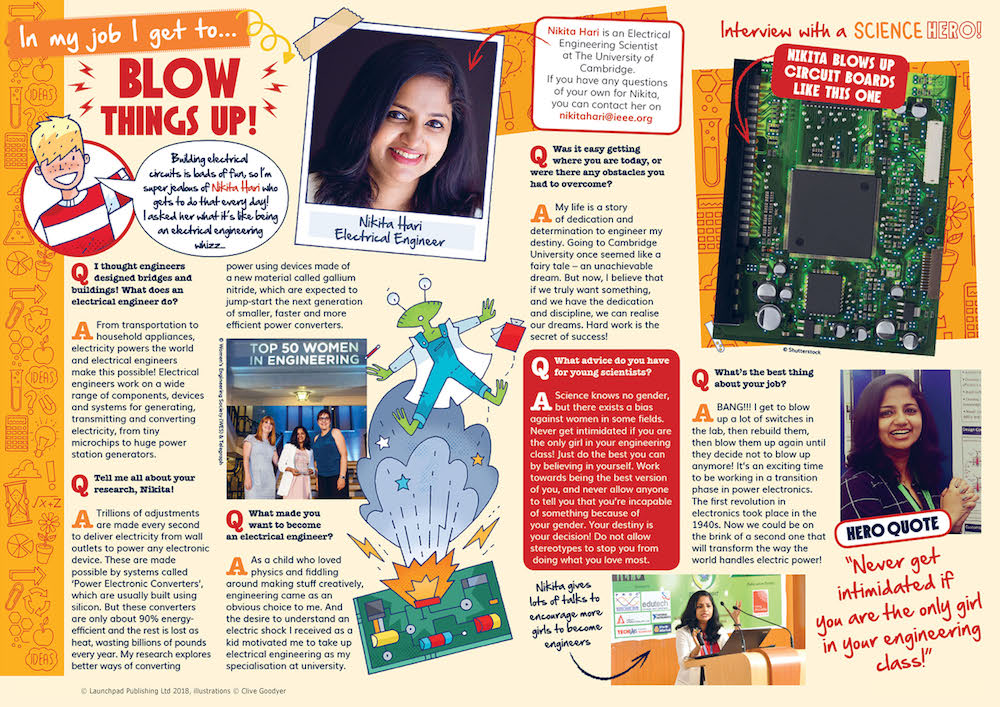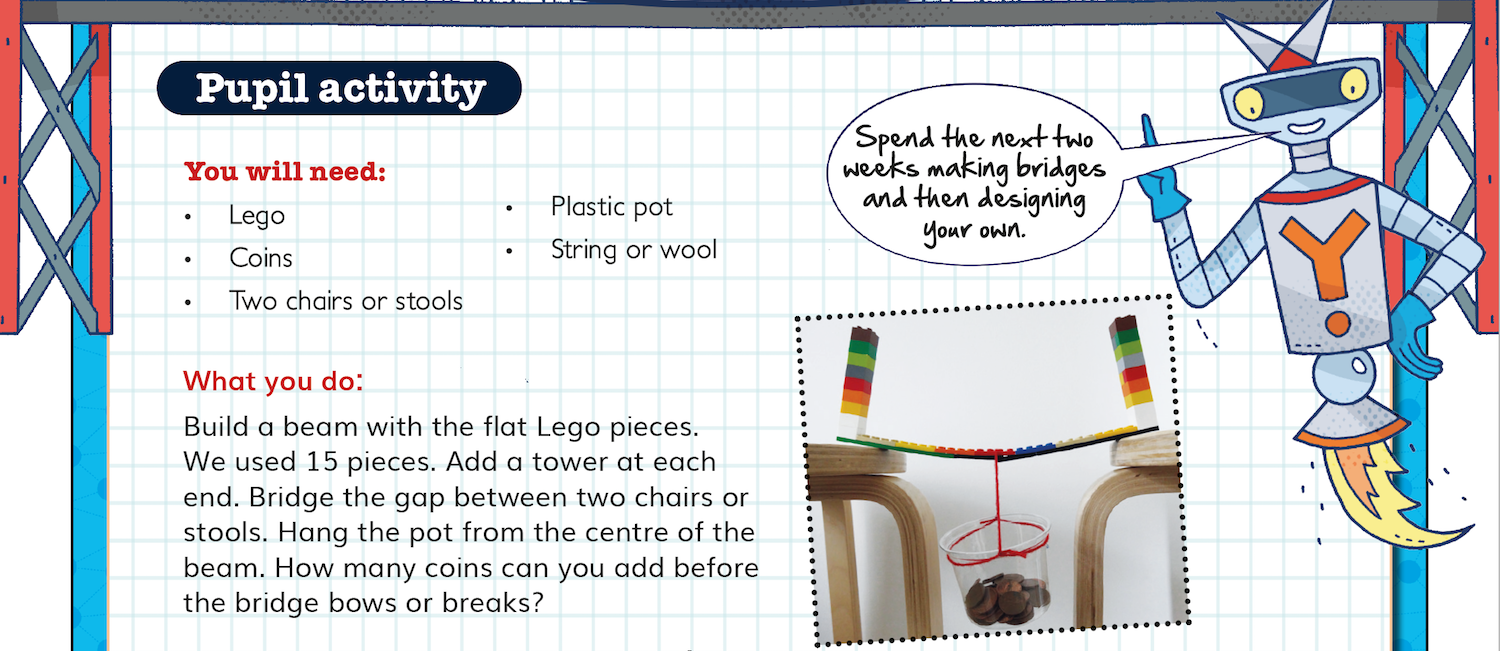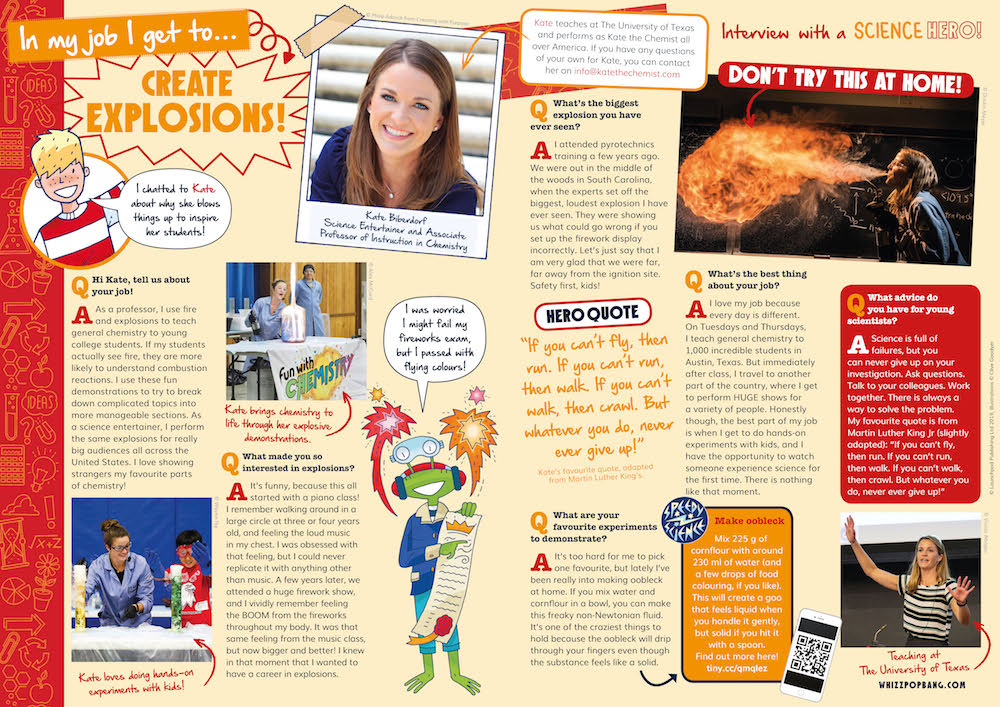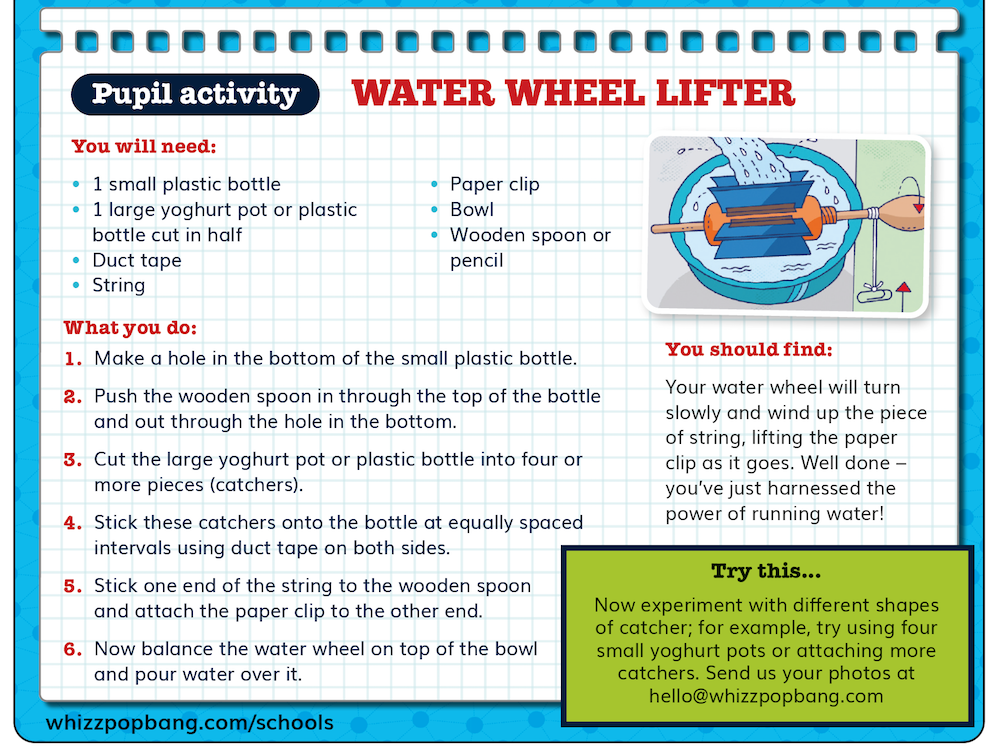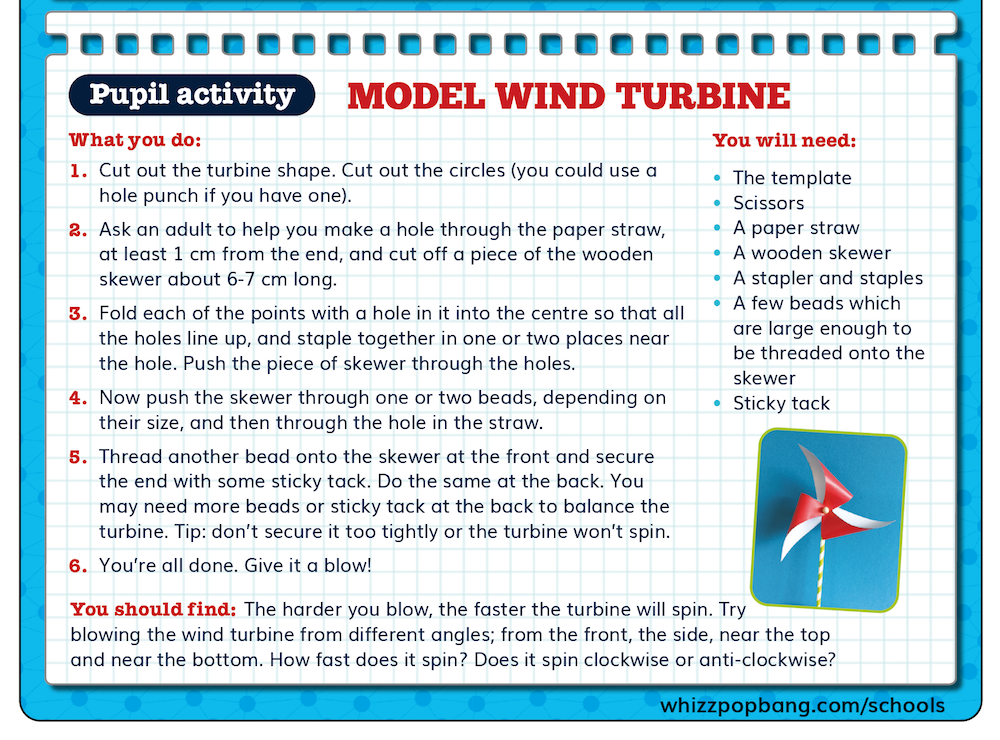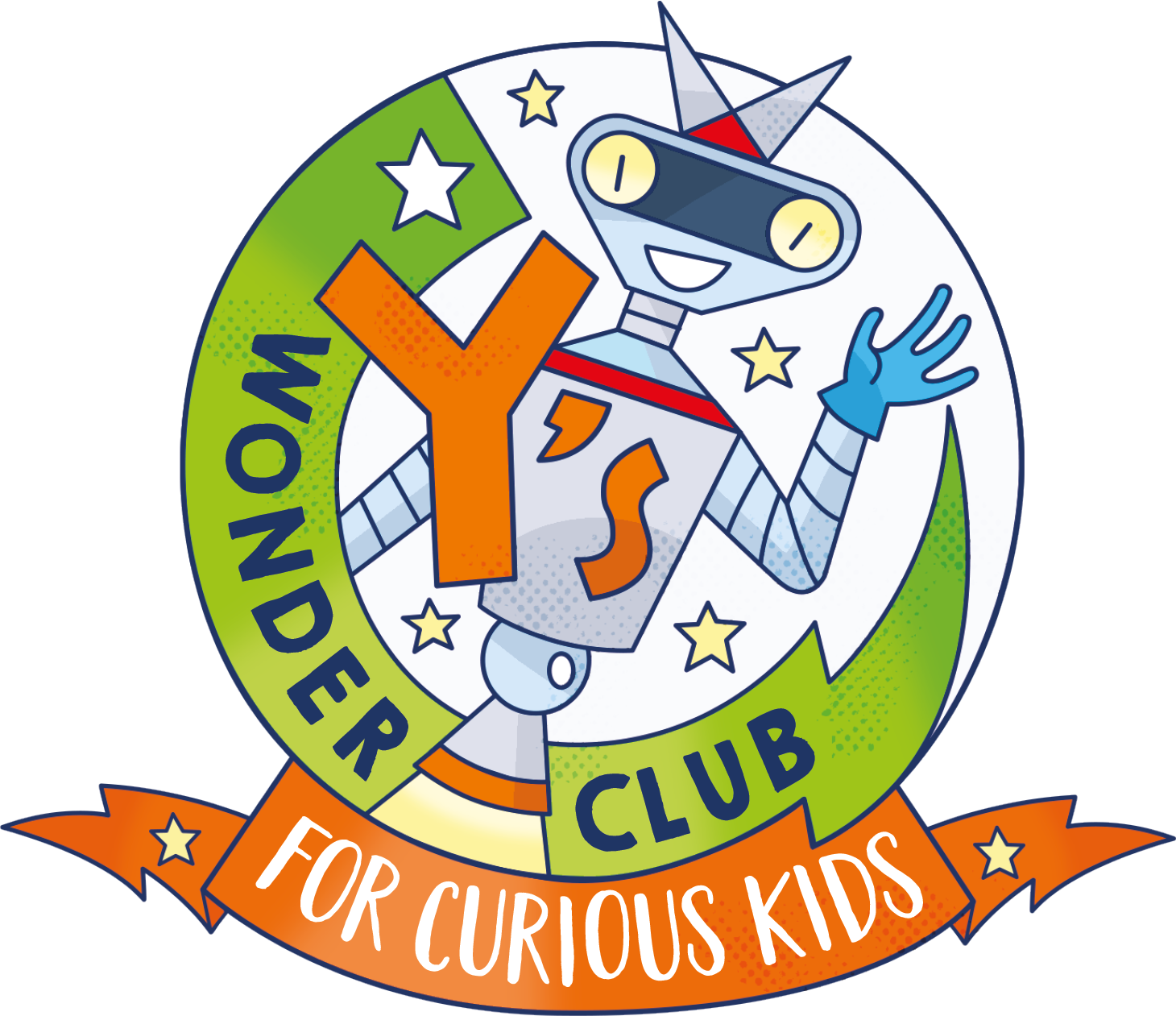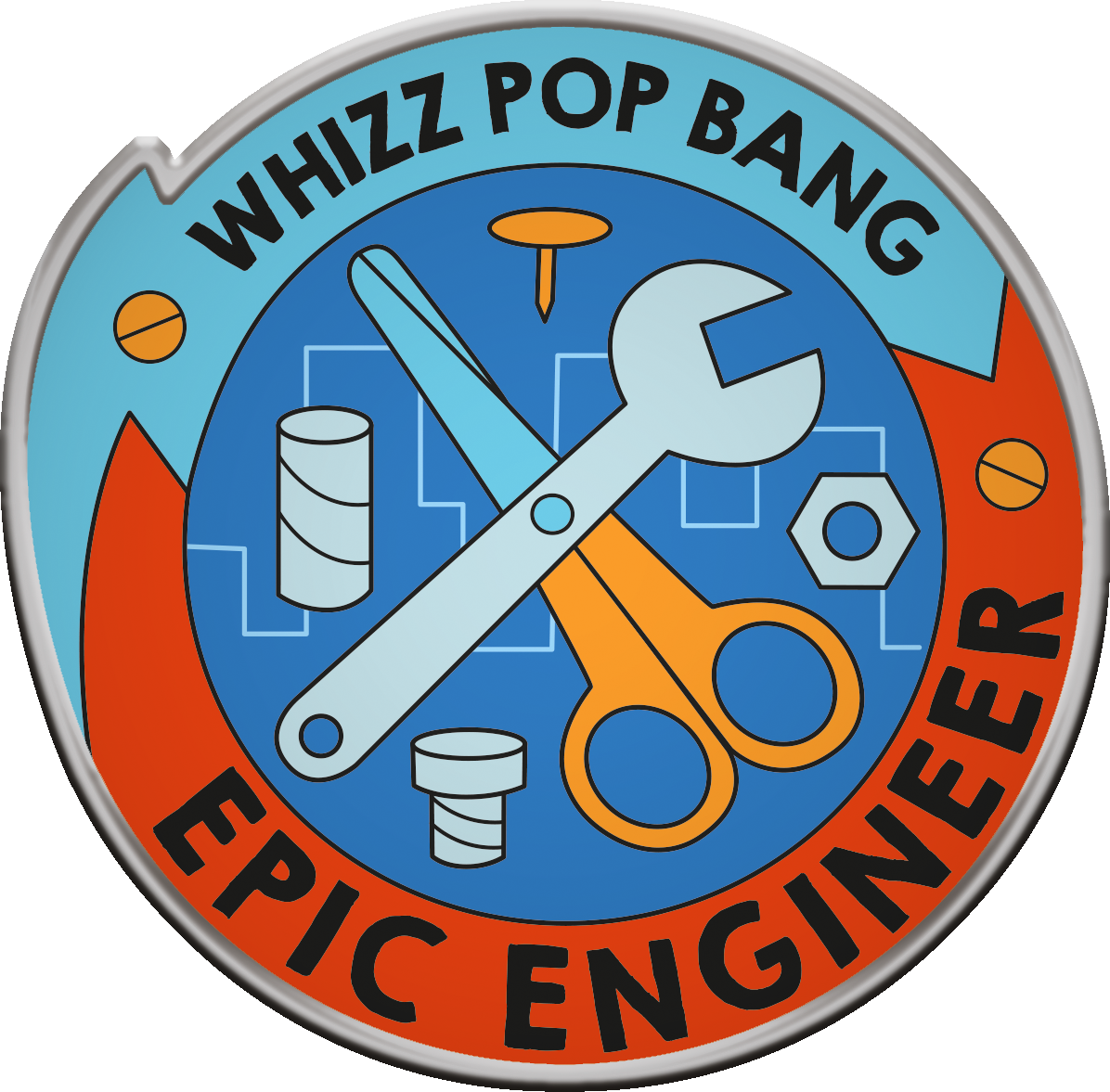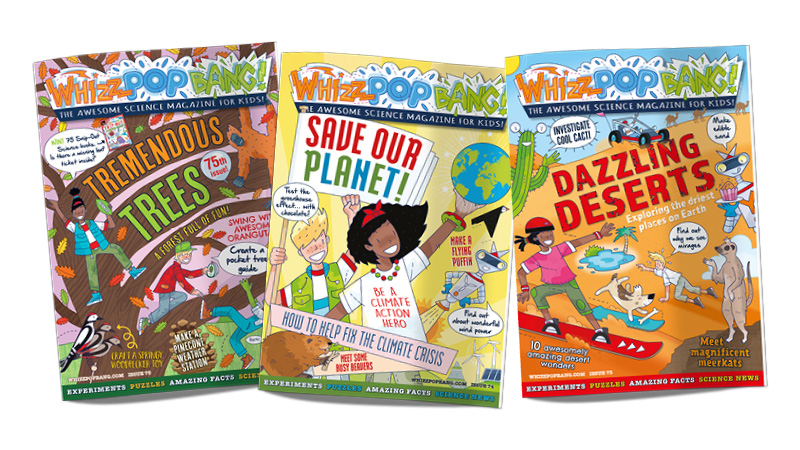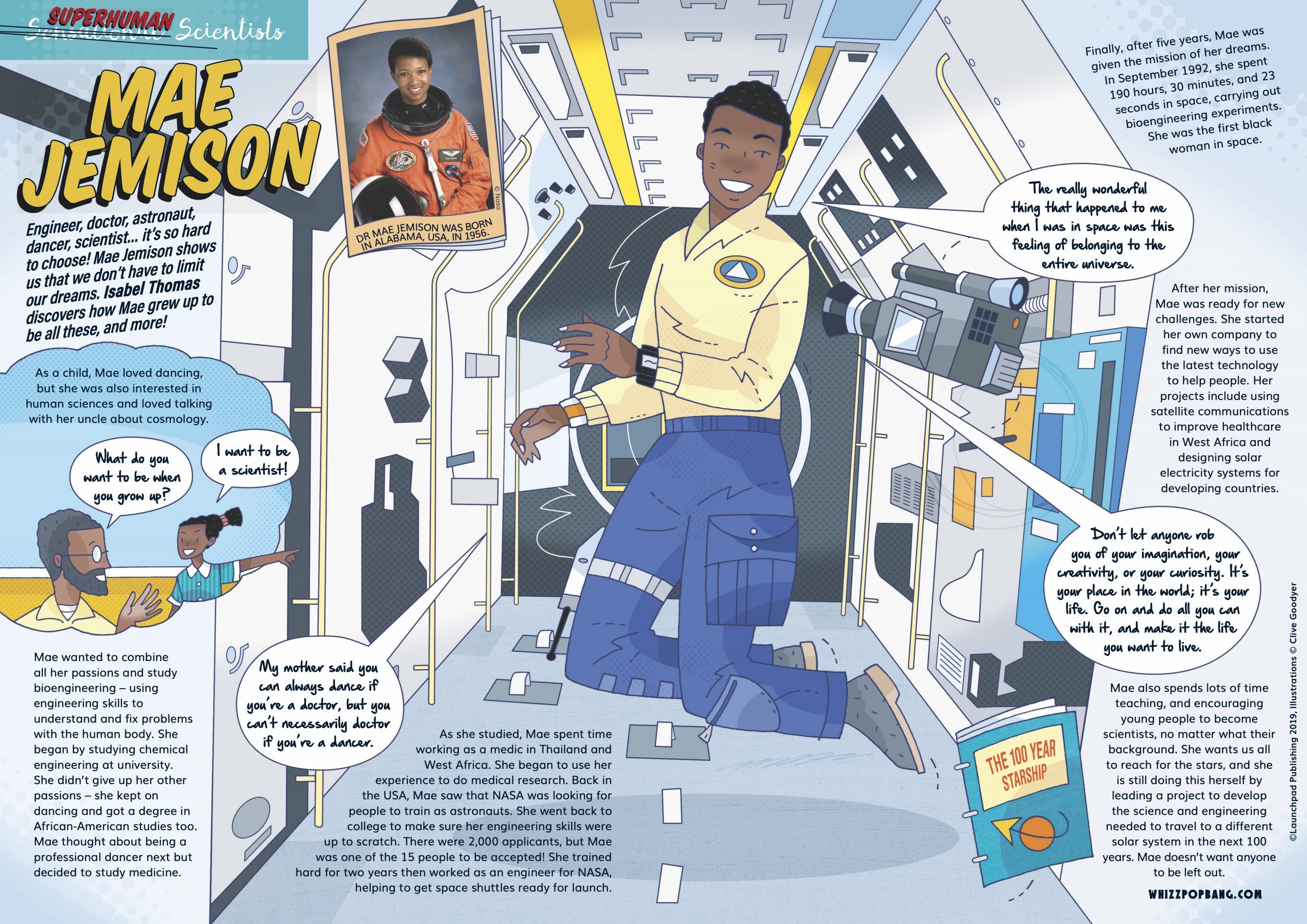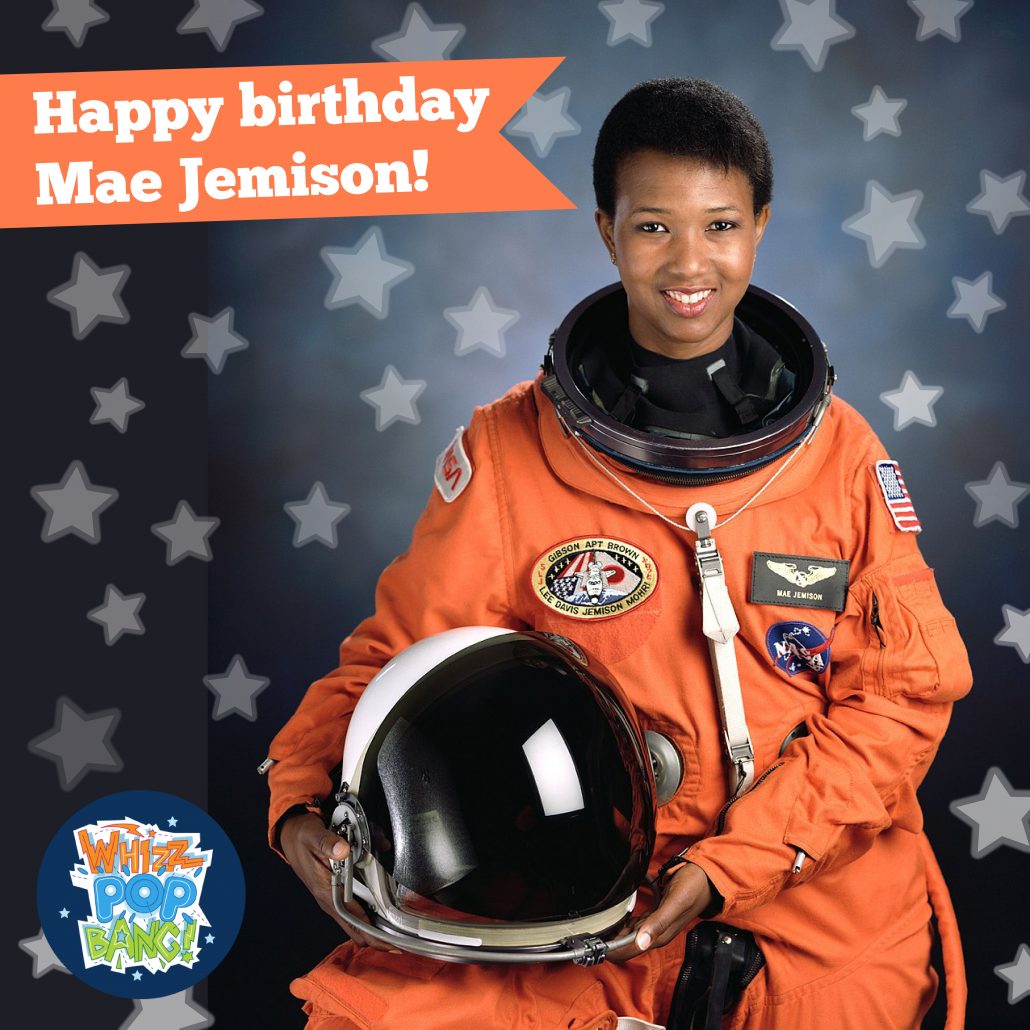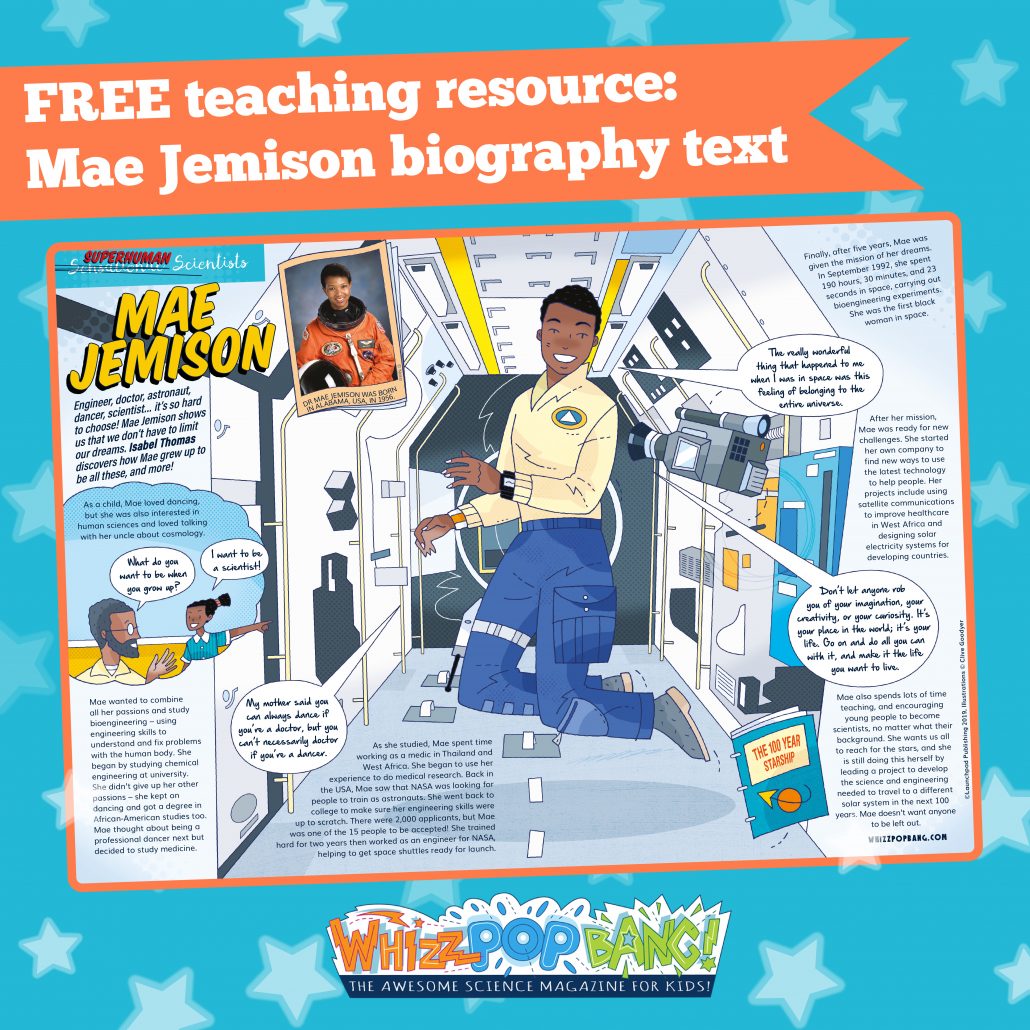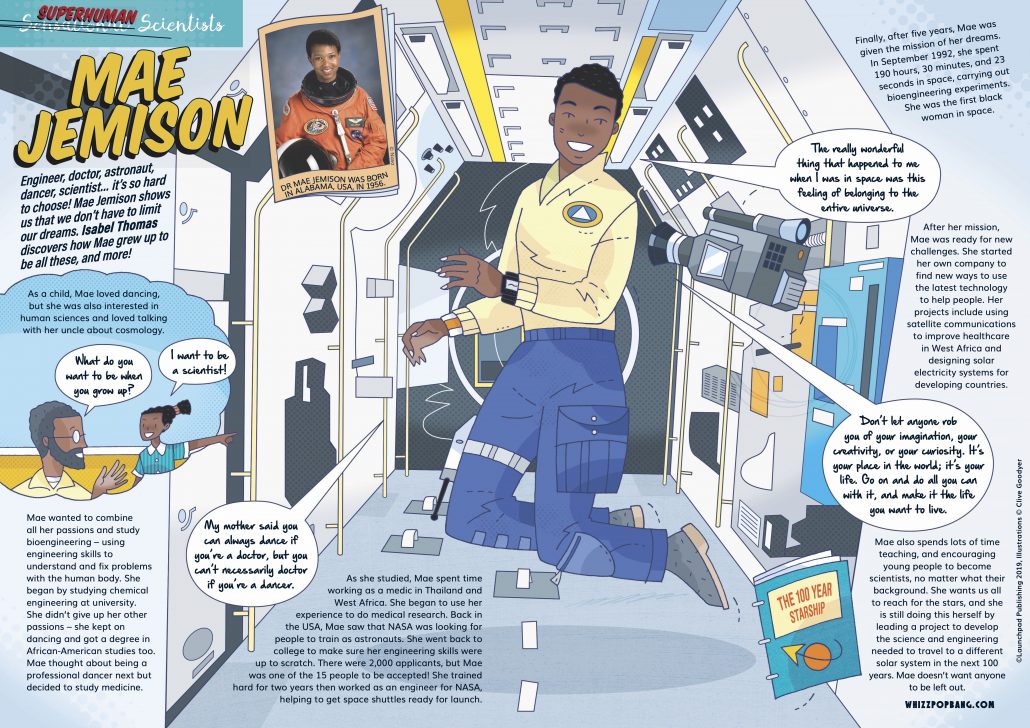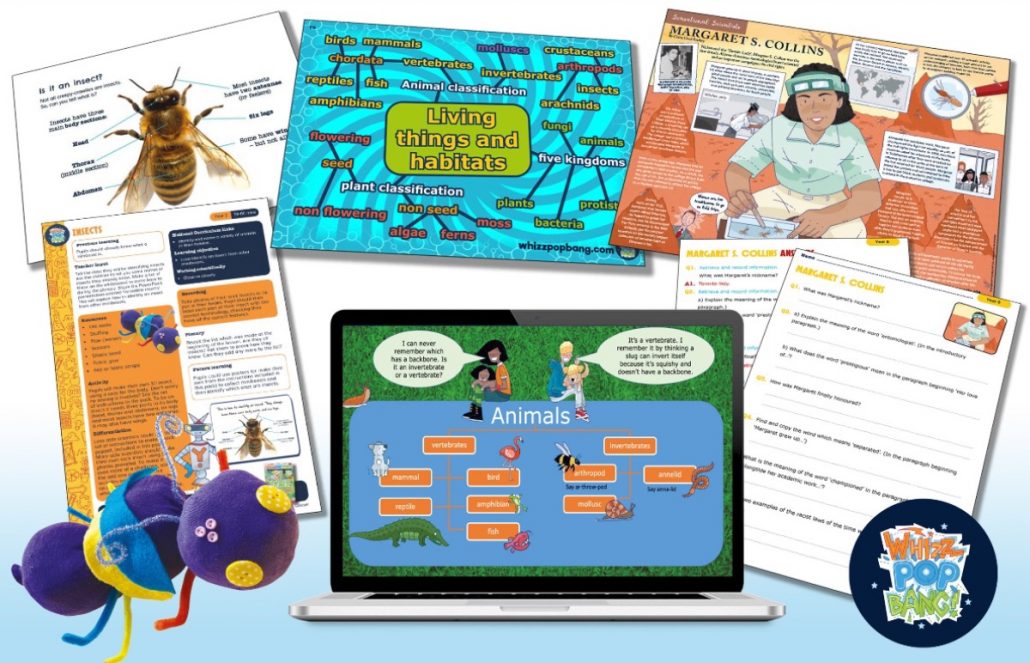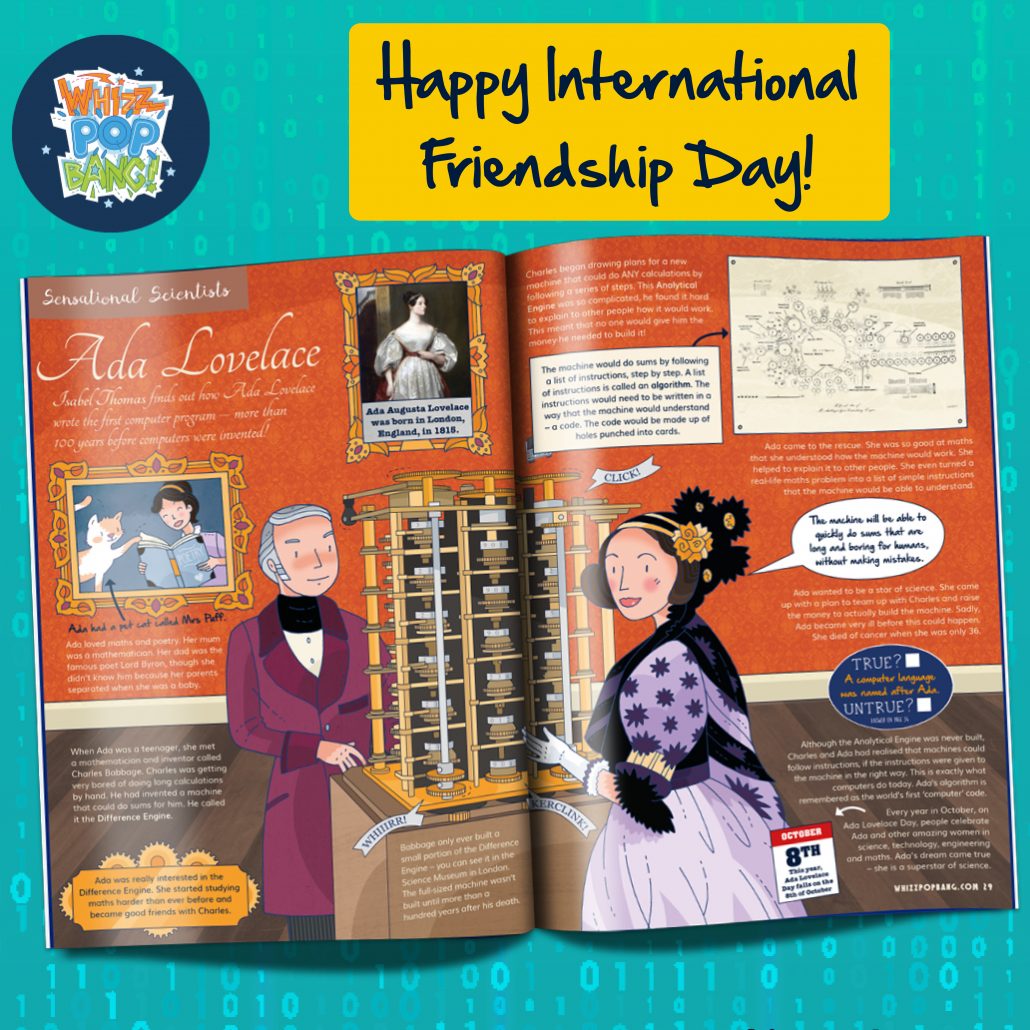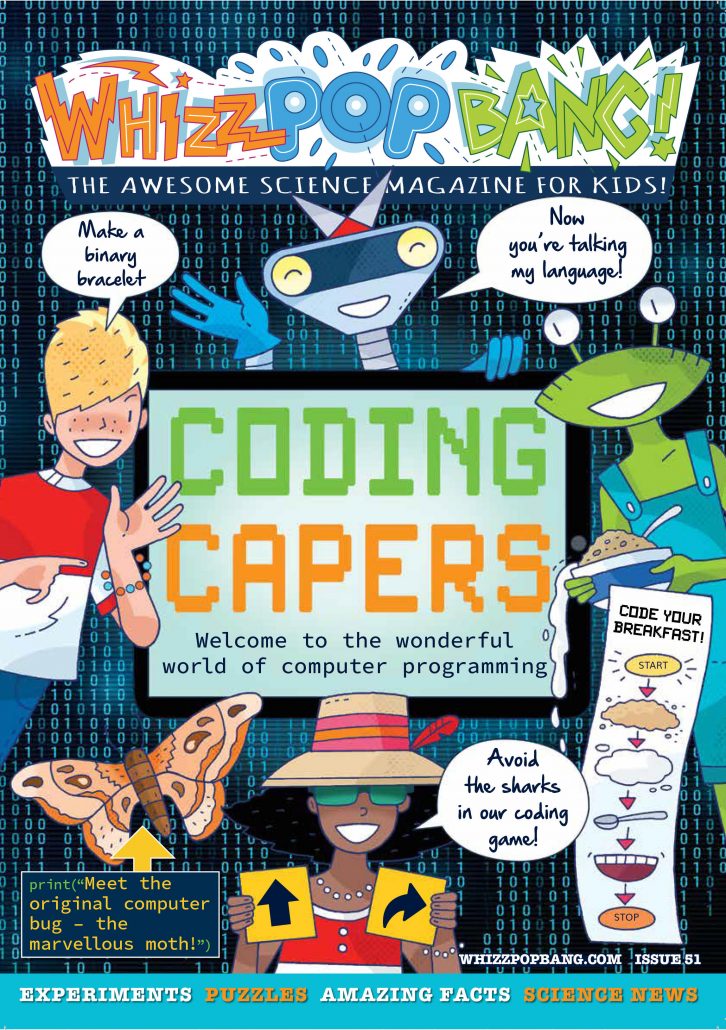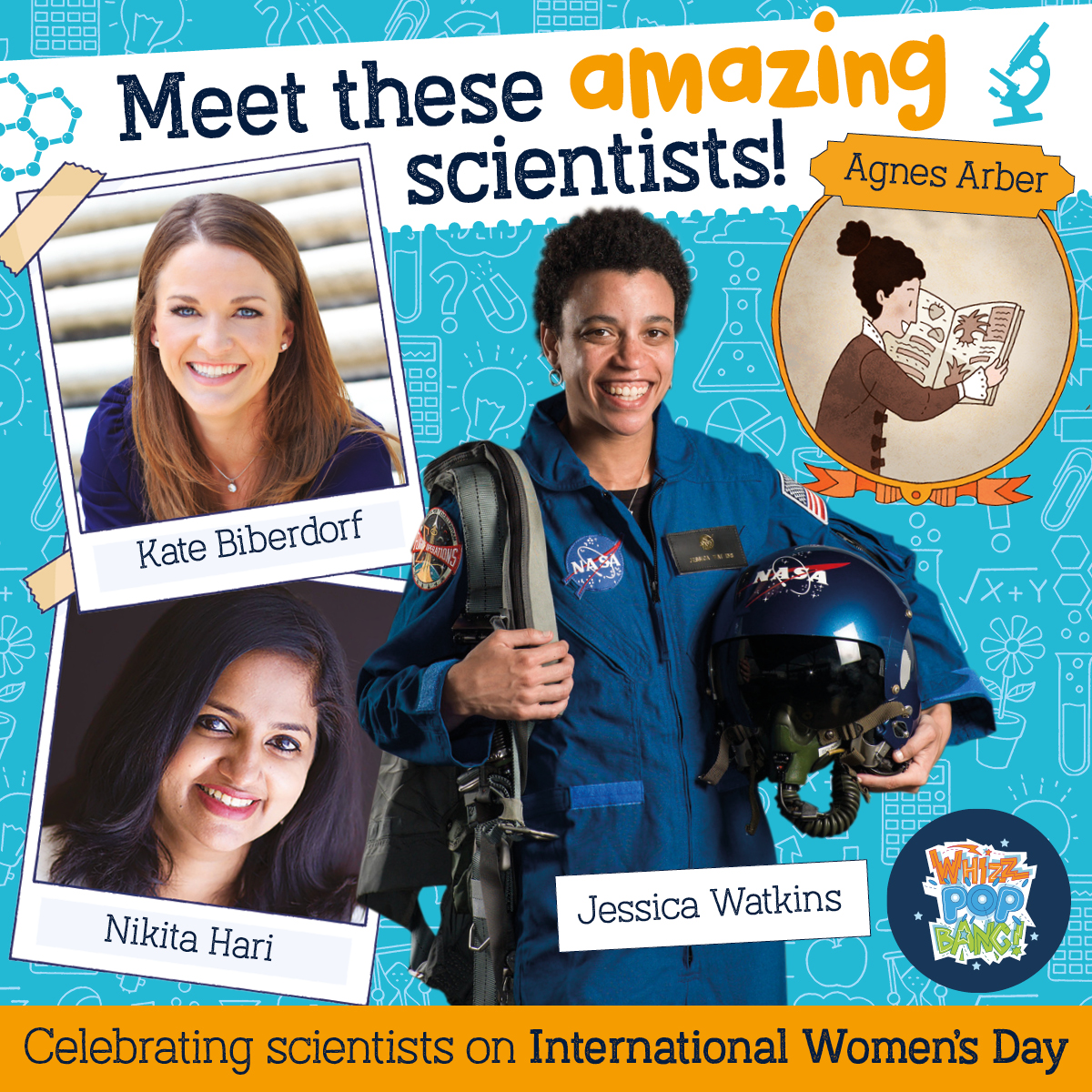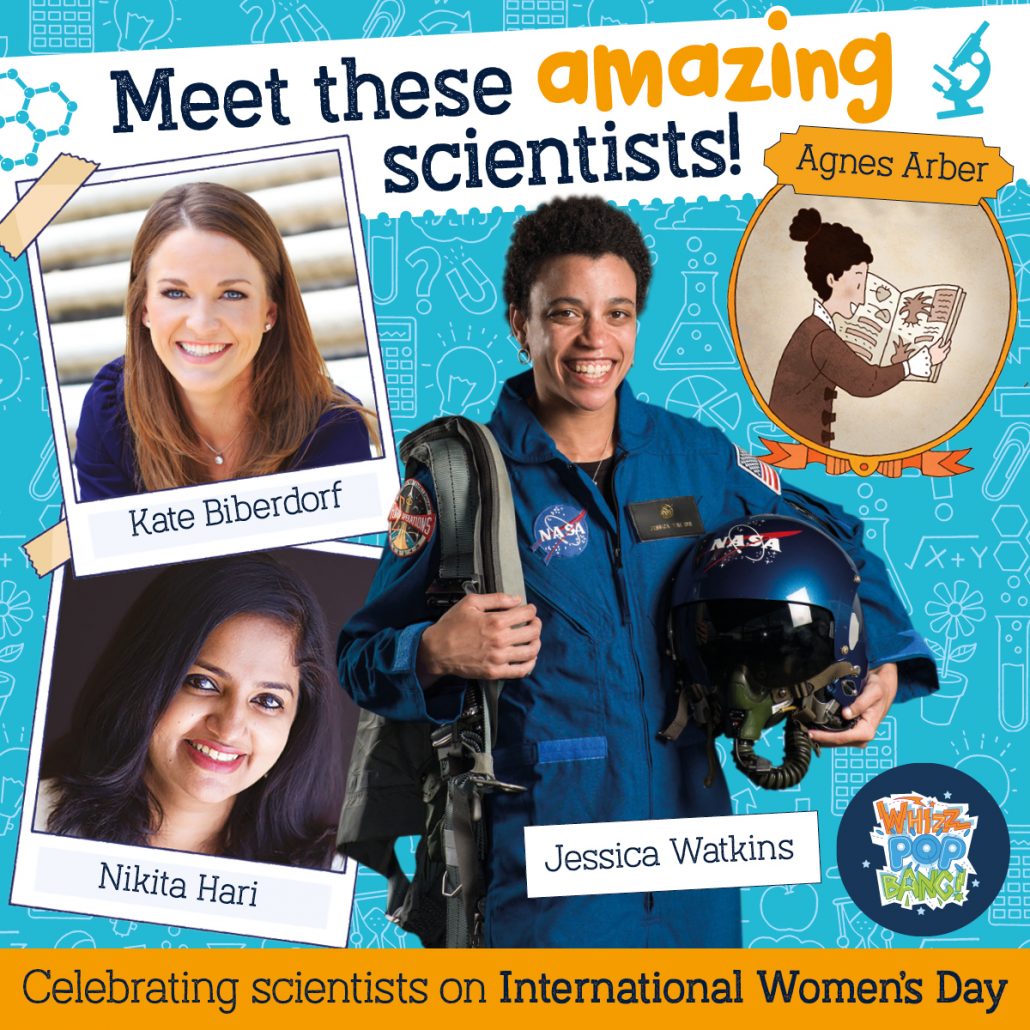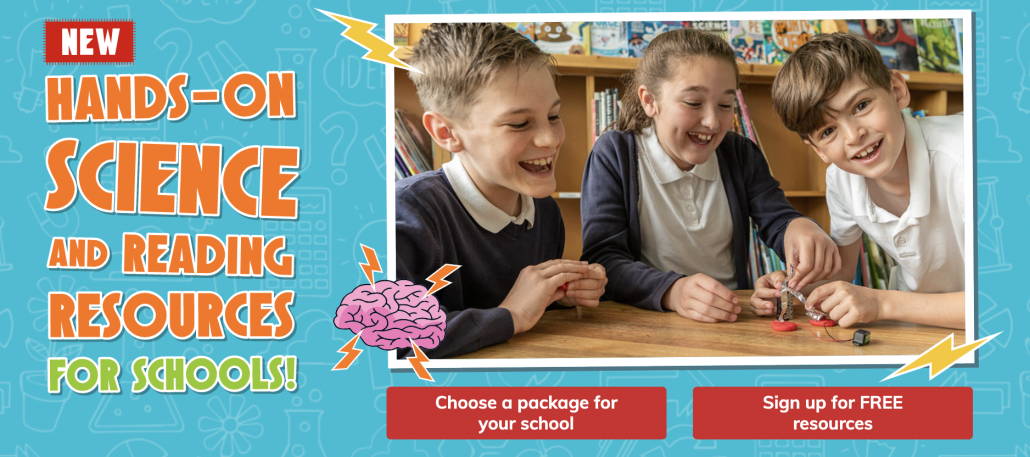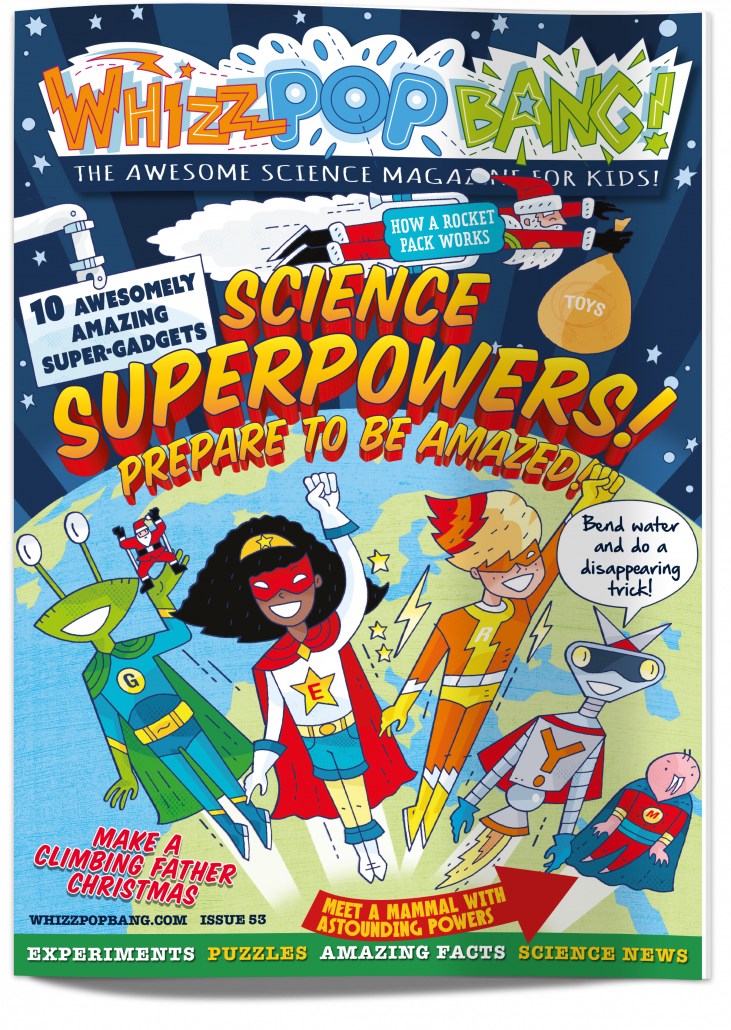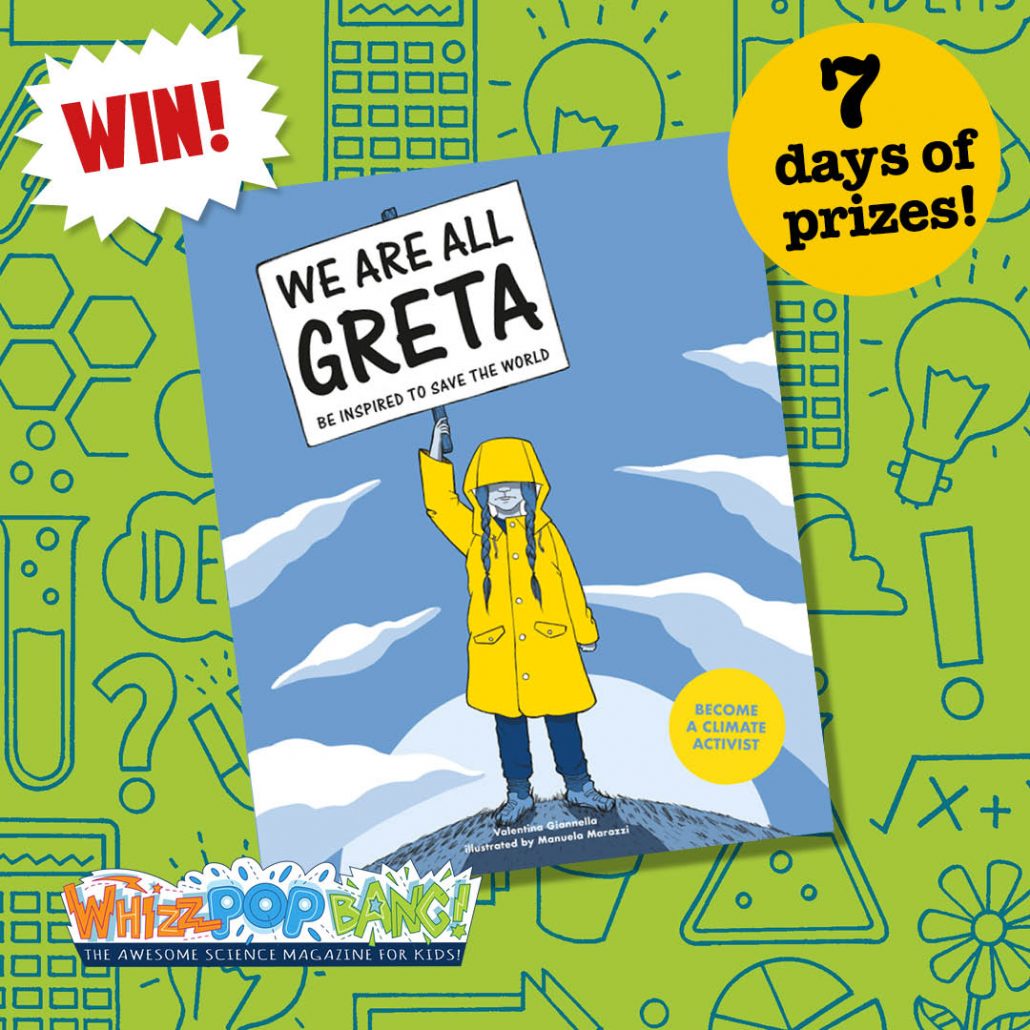Now that schools are closed, have you become a home educator overnight? Whizz Pop Bang is the world’s most awesomely amazing kids’ science magazine, bursting with hands-on experiments, facts and fun, and we want to help you and your children with the huge transition that many of us face.
Here are some FREE science activities and experiments to help you entertain, excite and educate your year 3 child! Meet an orthopaedic vet, be inspired by an amazing female scientist, do a walking water experiment, investigate air pressure and surface tension and make bendy bones!
Our experiments are designed for children from 6 to 12, but this list of experiments is particularly perfect for year 3, P4 (Scotland), 7-year-olds and 8-year-olds as they tie in with the relevant National Curriculum objectives and topics.
The reading comprehensions included here were designed to be read at A3 size, so text may appear too small when printed at A4. They work really well on a tablet or monitor, or you may need to print them on two pages of A4 if your printer allows.
If you have any comments or questions about our free year 3 science experiments and reading comprehensions, please leave a comment for us. Or do you have any science homeschool ideas or general home educating ideas for 7- and 8-year-olds? We’d love to hear from you!
Find loads more science activities, puzzles and games in our award-winning monthly kids science magazine, Whizz Pop Bang!
Interview with an orthopaedic vet reading comprehension
This is a great one for animal lovers! An interview with Toby Gemmill, whose job is to put broken pets back together after an accident. He explains how long bones take to mend, describes the trickiest operation he’s performed and gives some top tips on how to become a vet. Small snippets of text ideal for reluctant readers.
This downloadable reading pack includes:
– An interview with Toby Gemmill for you to print or for your child to read on a tablet.
– Reading comprehension question sheet and answer sheet.
Topic links: Year 2 Animals including humans
Agnes Arber reading comprehension
Read about sensational scientist Agnes Arber, whose career as a plant scientist started when she was just 13! Her dedication to botany helped the world to realise the amazing talent of women in science.
This downloadable reading pack includes:
– A feature about Agnes Arber for you to print or for your child to read on a tablet.
– Reading comprehension question sheet and answer sheet.
Topic links: Year 3 Plants and P3 Biodiversity and interdependence
Walking water activity
Ask your child if they think water can ‘walk’? Set up a nifty experiment together to prove that it actually can move and discover how plants transport water using capillary action.
You will need:
Water
Kitchen towels
Food colouring
Bonus activity: upside-down glass experiment
Investigate surface tension and air pressure while learning a neat trick: how to turn a glass of water upside down without spilling a drop!
Topic links: Year 3 Plants and P4 Biodiversity and interdependence
Make a bendy backbone
Discover how the backbone is able to bend, even though it’s made of rigid elements, by creating a model backbone from vertebrae and cartilage!
You will need:
A 5 cm paperclip
A drinking straw
Scissors
A ruler
Sticky tack or Plasticine
Bonus activity: bendy bones experiment
Discover what happens when bones don’t contain enough calcium in this intriguing experiment.
You will need:
2 chicken bones (legs are ideal)
Jar with a lid (large enough to hold one bone with space at the top)
Vinegar
Cling film
Topic links: Year 3 Animals including humans and P4 Biological systems.
Are you home educating children in other year groups? Then you might find these posts helpful:
Free science activities for year 2 and P3
Free science activities for year 4 and P5
Free science activities for year 5 and P6
Free science activities for year 6 and P7

